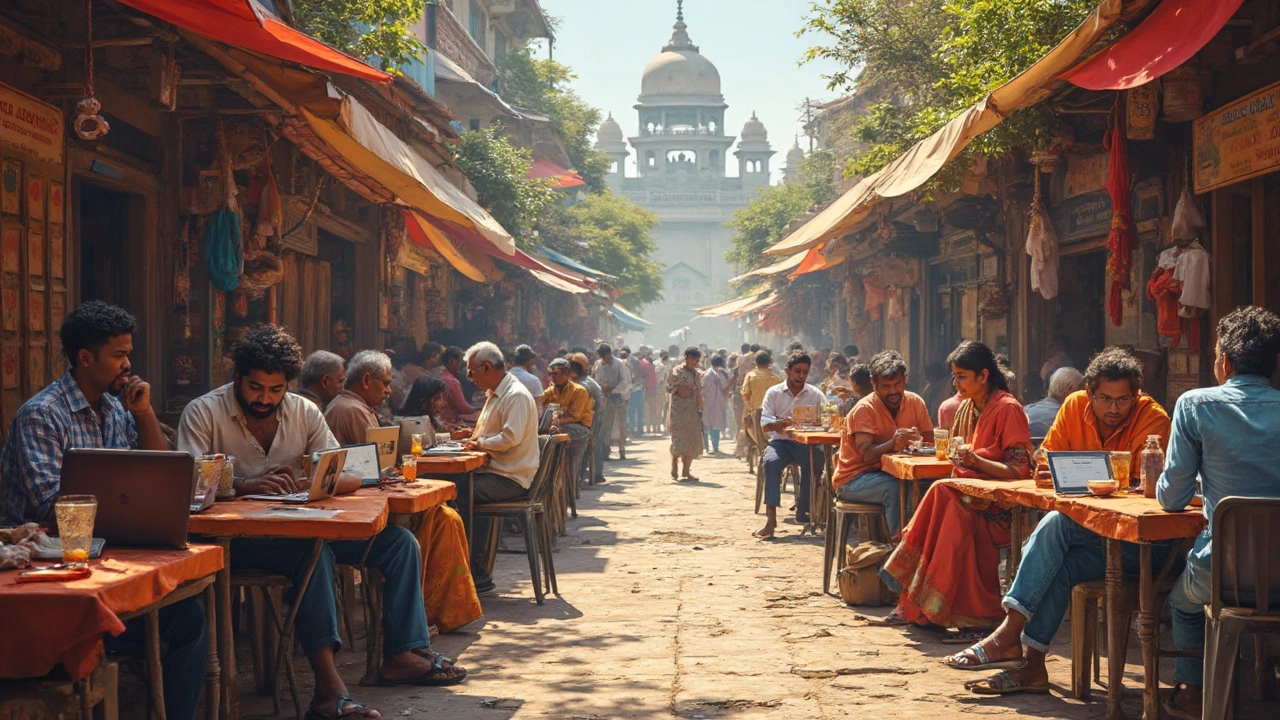Online Defamation: What It Is and Why It Matters
When someone posts a false claim about you on the internet, it can hurt your reputation fast. That’s online defamation. It works like traditional libel, but the damage can spread in seconds across social media, blogs, and forums. In India, the law treats these false statements seriously, and you have rights to fight back.
How Indian Law Defines Online Defamation
The Indian Penal Code (IPC) and the Information Technology Act cover defamation done online. Section 499 of the IPC defines defamation as any spoken or written words that harm a person’s reputation. When the offending content appears on a website or app, Section 66A of the IT Act used to apply, but it was struck down. Still, the courts can order removal of the content and award damages under the IPC.
Key points you should know:
- The statement must be false. Truth is a solid defence.
- It must be published to a third party – a post, tweet, or comment counts.
- It must cause or be likely to cause reputational harm.
Practical Steps to Protect Yourself
First, keep evidence. Screenshot the post, note the URL, and record the date. This documentation is essential if you decide to take legal action.
Second, reach out politely. Sometimes the person who posted the content didn’t think it was harmful. A calm request to delete or correct the information can solve the issue without a court case.
If the post stays up, you can file a legal notice. A lawyer can draft a demand letter asking for removal and an apology. This often prompts a quick response.
When a notice doesn’t work, you can file a criminal defamation case under Section 500 of the IPC. The court may order the platform to take down the content and award you compensation. Remember, criminal cases can be lengthy, so weigh the costs and benefits.
Don’t forget to protect your digital footprints. Use strong passwords, enable two‑factor authentication, and limit who can tag or mention you on social media. The fewer ways a false claim can spread, the easier it is to control.
Finally, stay aware of your rights. Indian courts have upheld the right to a good reputation, but they also balance it against free speech. Knowing where that line is helps you argue your case more effectively.
Online defamation is a real risk, but it’s manageable. Keep records, act quickly, and use the legal tools available. With the right approach, you can protect your name and move on.
Can a Blogger Get Sued? Understand the Risks and Stay Safe!
Blogging isn't just about sharing your thoughts; it comes with its own set of legal risks too. From copyright infringement to defamation, bloggers need to tread carefully. This article delves into common legal pitfalls for bloggers and offers practical tips to stay out of trouble. Whether you're using WordPress, Blogger, or another platform, understanding these legal risks is crucial. Get informed to blog safely and responsibly.
About
Blogging Platforms
